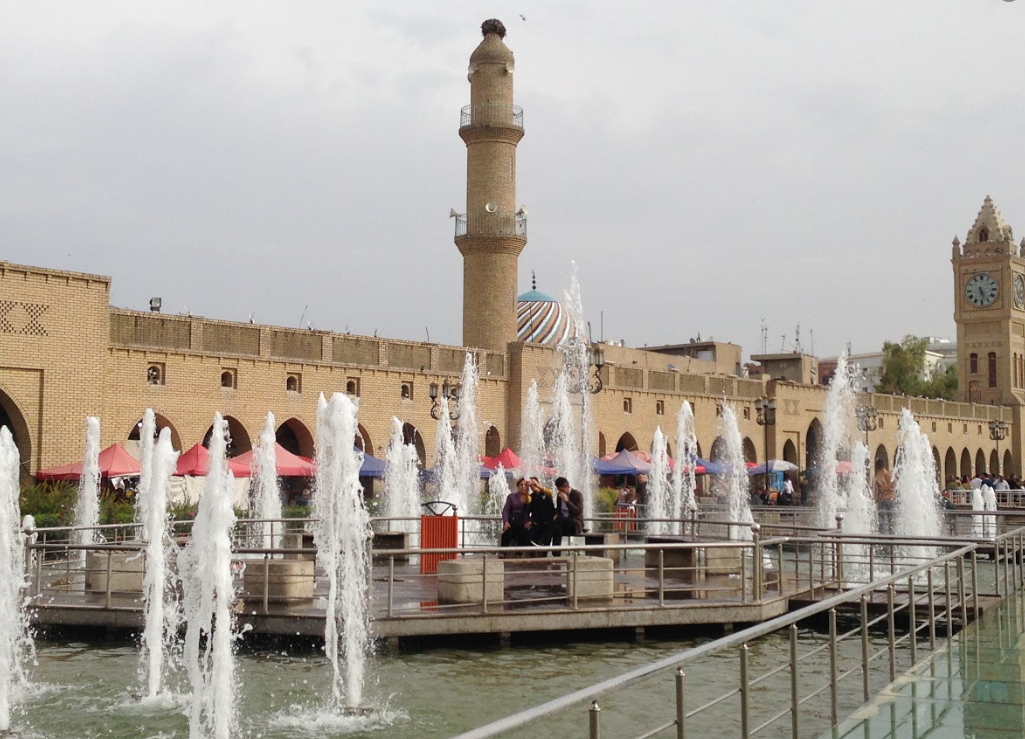ELIC teachers living overseas encounter all kinds of challenges and situations that most of us never experience in North America. They’ve reached superhero levels in the skills they need to tackle things like language and culture barriers.
1) Charades
What do you do when your students don’t understand the instructions, and your local language skills aren’t bridging the gap? Teachers get really good at using visual cues to explain. If the fate of the world hung on a game of charades, they’d be the ones to call!
2) Storytelling
A well-told story is powerful, and overseas teachers wield this power all the time to connect with their local communities. Their days are full of opportunities to explain the stories behind their Western traditions, entertain friends and students with funny anecdotes, or connect deeply with new friends by sharing life stories.
3) Encouragement
The role of a teacher naturally offers plenty of opportunities for encouragement, and ELIC teachers love to encourage and empower their students. They connect with them during office hours and English clubs, listen to their struggles (both in life and in school), and strive to empower them to do their best. Mottos like “I will make mistakes in this class” are powerful tools to help students defeat the fear of embarrassment so they can practice their English fearlessly.
4) Cookie Baking
Western-style cookies are an exotic treat in many of our host countries, so cookie-baking events are popular with students. One teacher even hosts a new group of students every month to bake dozens of cookies for their English Club event. You’re always the hero when you show up with sweet snacks to share!
5) Rolling with Changing Plans
Western Cultures tend to handle time and make plans very precisely. This can make it tricky with ambiguous or changing plans in host cultures that have a more fluid relationship with time. Even the start date of the semester is sometimes an estimation, which is perfectly normal in those cultures but very new for most ELIC teachers. Thankfully, they quickly learn to be super flexible as they navigate this cultural difference.
6) Motorbiking
Many teachers don’t have cars because they are either not functionally or financially practical. A motorbike is often a good solution (in the absence of a Batmobile). Brave teachers navigate floods in Southeast Asia and help transport teammates all over town. In one case, a team leader took a teammate with an injured leg to the hospital riding side-saddle on the back of her bike, weighing it to one side!
You are just a journey away from gaining superpowers like these. If you're interested in teaching overseas, take a look at the amazing places where we teach!




